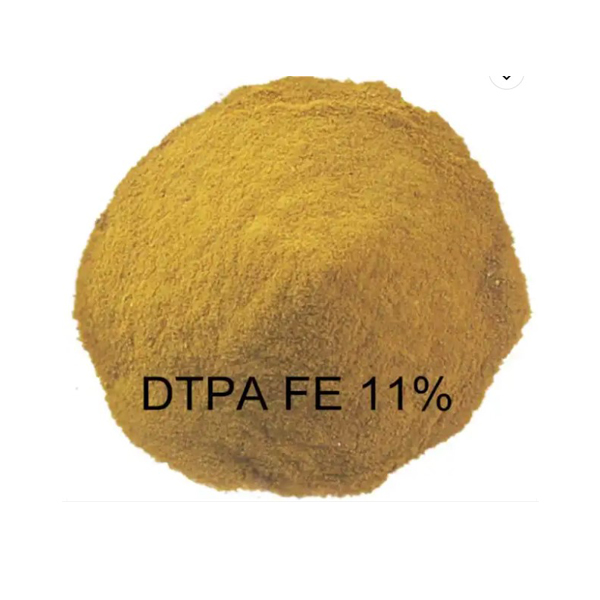
News
Nov . 04, 2024 16:56 Back to list
Exploring the Benefits of Polyglutamic Acid and Retinol for Skin Health and Hydration
The Benefits of Polyglutamic Acid with Retinol A Synergistic Skincare Duo
In the ever-evolving world of skincare, two ingredients have recently captured the attention of dermatologists and beauty enthusiasts alike polyglutamic acid and retinol. Each ingredient boasts unique properties that can significantly enhance skin health and appearance. However, when combined, they create a powerful synergy that addresses multiple skin concerns, making this duo a must-have in any skincare routine.
Understanding Polyglutamic Acid
Polyglutamic acid (PGA) is a naturally occurring biopolymer derived from fermented soybeans. It is a humectant, which means it has the ability to attract and retain moisture in the skin. In fact, PGA is said to hold up to 4 times more moisture than hyaluronic acid, another popular hydrating agent. This makes it particularly effective for individuals with dry or dehydrated skin.
Beyond hydration, polyglutamic acid enhances the skin’s barrier function, promoting a smoother and more resilient complexion. It can also help in reducing the appearance of fine lines and wrinkles by ensuring that the skin remains well-hydrated. As a result, PGA not only adds moisture but also gives the skin a plump, youthful appearance.
The Power of Retinol
Retinol, a derivative of vitamin A, is renowned for its anti-aging properties. It is widely used to improve skin texture, reduce fine lines and wrinkles, and promote cell turnover, which can help diminish the appearance of age spots and acne scars. Retinol works by penetrating the skin and encouraging faster cell turnover, which stimulates collagen production and reveals fresher, healthier skin beneath.
However, while retinol is particularly effective, it can also cause irritation, redness, and peeling, especially for those with sensitive skin or for those who are new to using it. This is where polyglutamic acid enters the picture, offering a solution to one of retinol’s primary drawbacks.
The Synergistic Benefits of Combining PGA and Retinol
polyglutamic acid with retinol

When polyglutamic acid and retinol are used together, they create a powerful blend that maximizes both hydrating and anti-aging benefits. The hydrating properties of PGA help to offset the potential drying effects of retinol. This combination allows individuals to experience the benefits of retinol without suffering from the typical irritation associated with its use.
1. Enhanced Hydration Polyglutamic acid’s ability to retain moisture helps keep the skin hydrated, which is essential when using retinol. This enhanced hydration can lead to improved skin texture and a reduction in the visible effects of aging.
2. Smoother Application With greater moisture levels, the skin can better tolerate retinol, resulting in a smoother application and reduced chances of flakiness or irritation.
3. Boosted Efficacy By keeping the skin hydrated, polyglutamic acid can potentially enhance the efficacy of retinol. Hydrated skin can absorb ingredients more effectively, ensuring that the active compounds in retinol penetrate deeper and deliver optimal results.
4. Minimizing Side Effects For those who have previously struggled with retinol-related irritations, the soothing properties of PGA can ease the transition into using retinol. This can encourage more consistent use of retinol, ultimately leading to better long-term results.
Conclusion
Incorporating polyglutamic acid with retinol into a skincare routine can be transformative, particularly for those seeking to combat dryness while also addressing signs of aging. The complementary nature of these two ingredients allows individuals to harness the full power of retinol’s anti-aging effects without suffering through the drying effects often associated with it.
As with any skincare regimen, it’s advisable to introduce new products gradually and consult with a dermatologist to tailor treatments to individual skin types. By understanding the unique benefits of polyglutamic acid and retinol, anyone can elevate their skincare routine and achieve a healthier, more radiant complexion.
-
Polyaspartic Acid Salts in Agricultural Fertilizers: A Sustainable Solution
NewsJul.21,2025
-
OEM Chelating Agent Preservative Supplier & Manufacturer High-Quality Customized Solutions
NewsJul.08,2025
-
OEM Potassium Chelating Agent Manufacturer - Custom Potassium Oxalate & Citrate Solutions
NewsJul.08,2025
-
OEM Pentasodium DTPA Chelating Agent Supplier & Manufacturer High Purity & Cost-Effective Solutions
NewsJul.08,2025
-
High-Efficiency Chelated Trace Elements Fertilizer Bulk Supplier & Manufacturer Quotes
NewsJul.07,2025
-
High Quality K Formation for a Chelating Agent – Reliable Manufacturer & Supplier
NewsJul.07,2025
